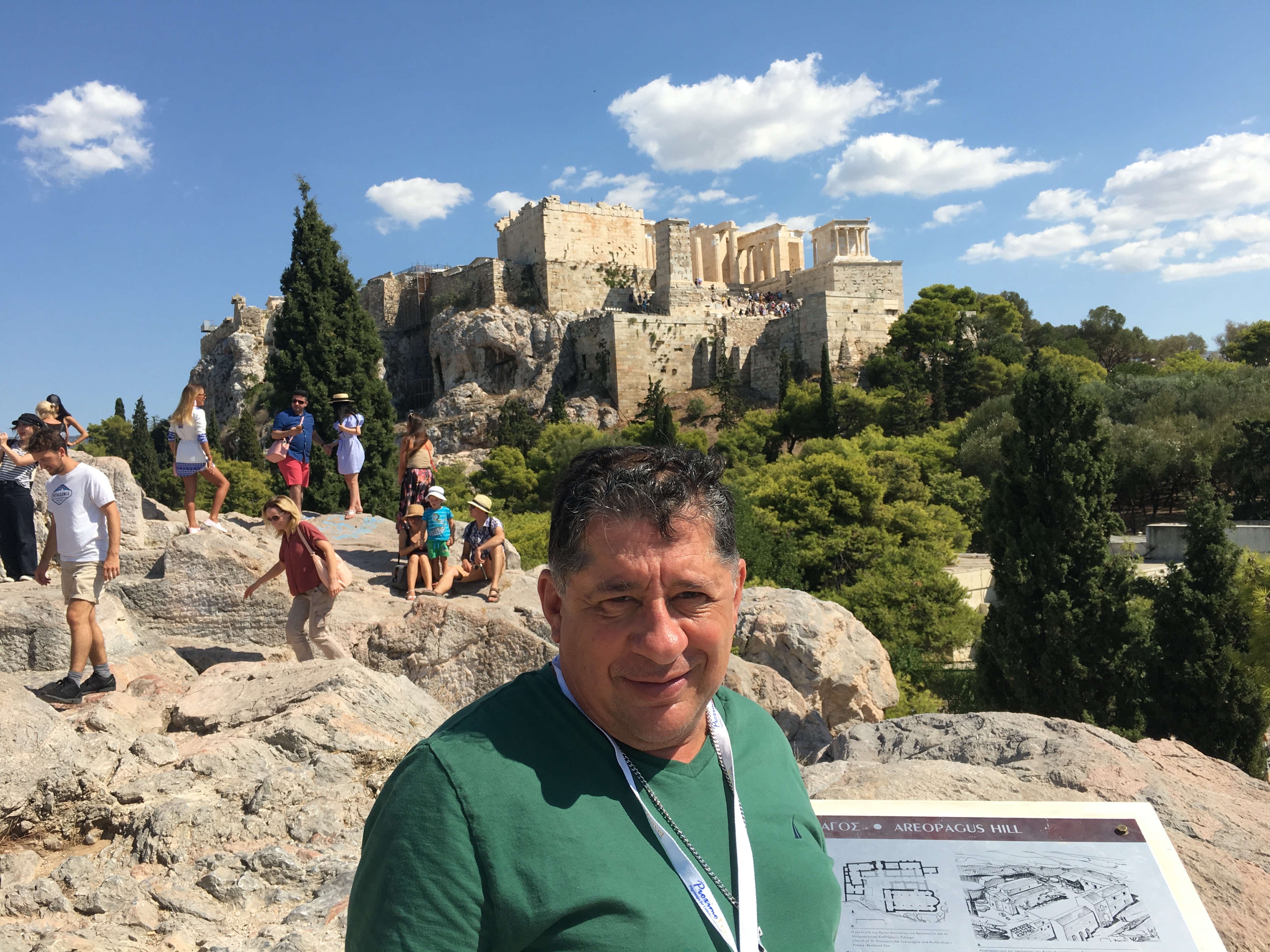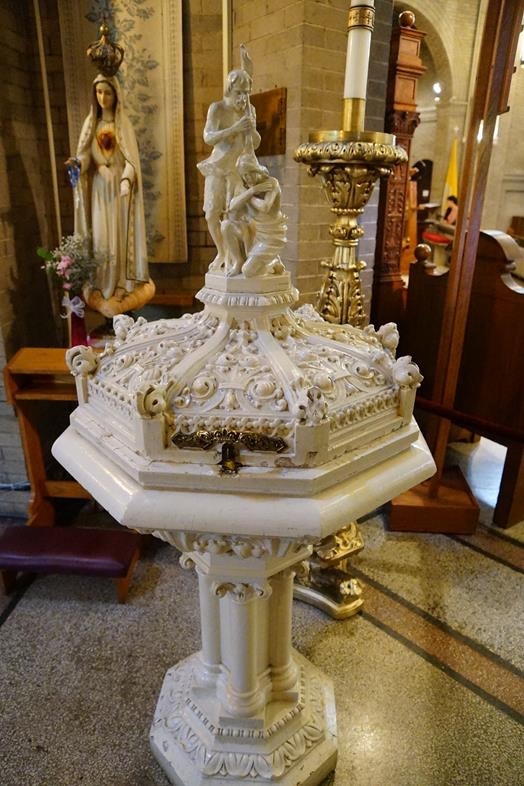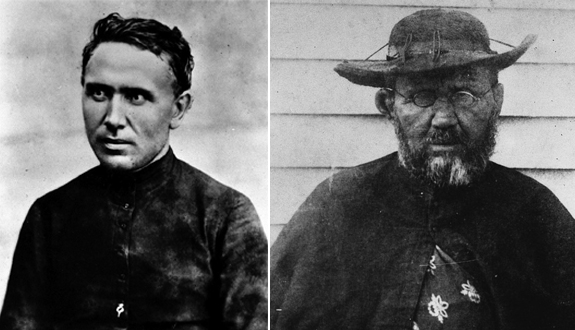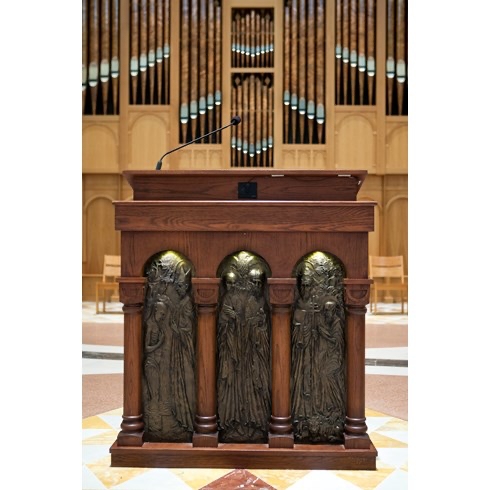These reflections are a result of more than 40 years of ministry as a Roman Catholic priest. Most of these years I spent in the Diocese of Charlotte which covers Western North Carolina. Now I am retired, and live in Medellín, Colombia where I continue to serve as a priest in the Archdiocese of Medellín.

Then Paul stood up at the Areopagus and said:
“You Athenians, I see that in every respect
you are very religious.
For as I walked around looking carefully at your shrines,
I even discovered an altar inscribed, ‘To an Unknown God.’
What therefore you unknowingly worship, I proclaim to you.
(Acts 17:15,22-18:1)
To stand at the Areopagus is to stand in the footsteps of Saint Paul.

Then the jailer brought them out and said,
“Sirs, what must I do to be saved?”
And they said, “Believe in the Lord Jesus
and you and your household will be saved.”
So they spoke the word of the Lord to him and to everyone in his house.
He took them in at that hour of the night and bathed their wounds;
then he and all his family were baptized at once.
(Acts 16:22-34)
The story of Paul and Silas in the prison has this fascinating detail: after the jailer bathed their wounds, he and his whole family were baptized at once. Everyone gets washed up and enjoys a meal celebrating new found faith in God!

One of them, a woman named Lydia, a dealer in purple cloth,
from the city of Thyatira, a worshiper of God, listened,
and the Lord opened her heart to pay attention
to what Paul was saying.
After she and her household had been baptized,
she offered us an invitation,
“If you consider me a believer in the Lord,
come and stay at my home,” and she prevailed on us.
(Acts 16:11-15)
God brings us together on the journey of faith placing folks in our lives at just the right moment. What may appear to be pure chance, on deeper reflection reveals a guiding hand at work. Today is the feast of Saint Damien of Molokai, the leper priest who brought new hope to hopeless people.

Beloved, let us love one another,
because love is of God.
(1 Jn 4:7-10)
Mother’s Day is the perfect time to remember and say ‘thank you’ for the wonderful gift of our mothers (and all the mother-bears we’ve had in our lives). Our mothers teach us this basic truth of our faith: to love one another. A mother’s love, like God’s love, is a fierce love—a sacrificial love.

Jesus said to his disciples:
“If the world hates you, realize that it hated me first.
If you belonged to the world, the world would love its own;
but because you do not belong to the world,
and I have chosen you out of the world,
the world hates you.
Remember the word I spoke to you,
‘No slave is greater than his master.’
If they persecuted me, they will also persecute you.
(Jn 15:18-21)
When we were kids, we never wanted to be the last one chosen, much less the one nobody wanted. Being chosen by the Lord carries with it other risks. Or as the shortest sermon I ever heard in seminary said about this particular passage: “Why is it that nobody hates us anymore?” After asking the question, the young student preacher sat down to stunned silence. Today's photo is of the ambo (the pulpit) of Saint Meinrad Abbey Church.



